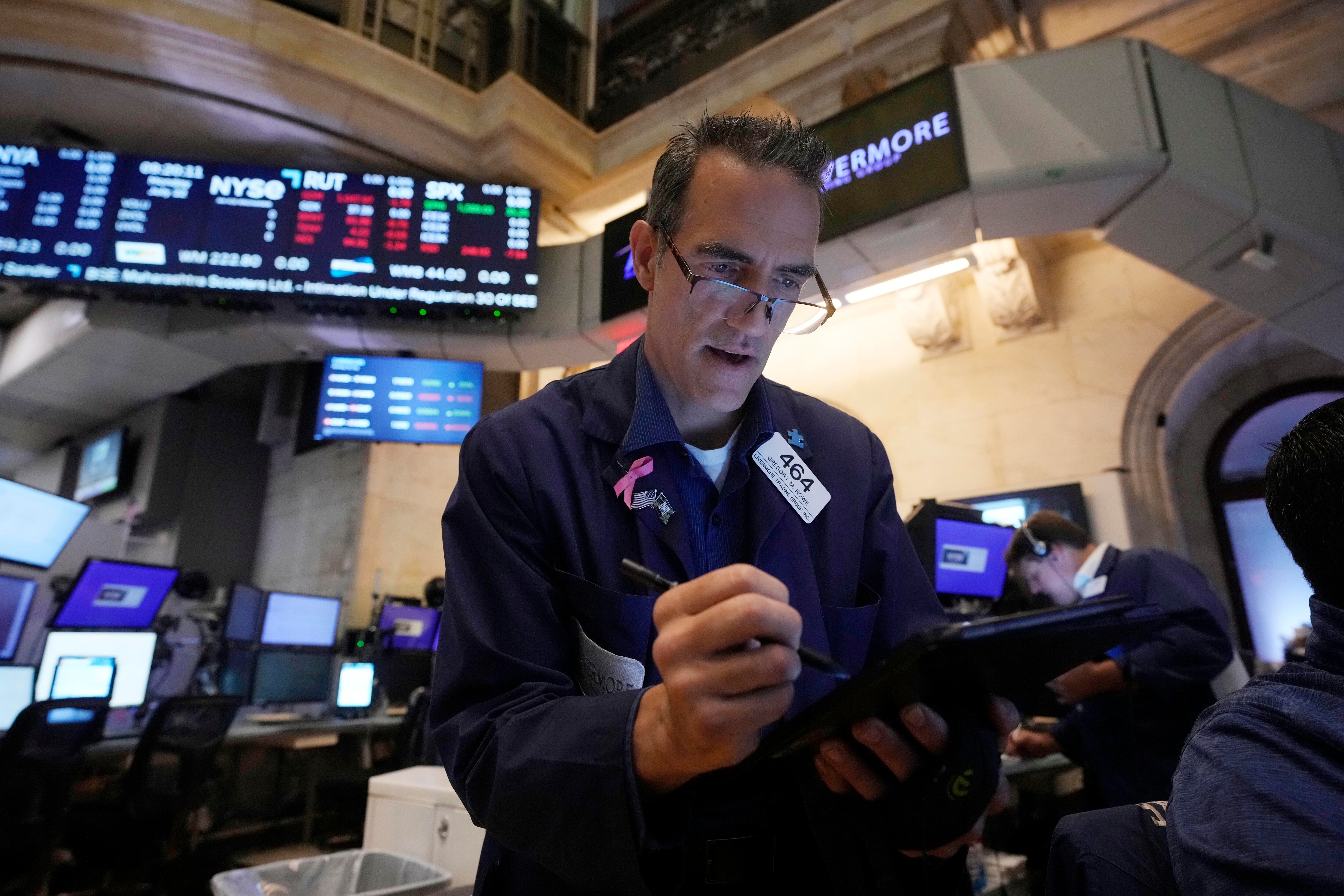NEW YORK (AP) — Suddenly, smaller stocks seem to be making bigger noise on Wall Street.
After getting trounced by their larger rivals for years, some of the smallest stocks on Wall Street have shown much more life recently. Hopes for coming cuts to interest rates have pushed investors to look at smaller stocks through a different lens.
Smaller companies, which often carry heavy debt burdens, can feel more relief from lower borrowing costs than huge multinationals. Plus, critics said the Big Tech stocks that had been carrying the market for years were looking expensive after their meteoric rises.
The small stocks in the Russell 2000 index leaped a stunning 11.5% over five days, beginning on July 11. The surge looked even more eye-popping when compared with the tepid gain of 1.6% for the big stocks in the S&P 500 over the same span. Investors pumped $9.9 billion into funds focused on small U.S. stocks last week, the largest amount since 2007, according to strategists at Deutsche Bank.
They were all encouraging signals to analysts, who say a market with many stocks rising is healthier than one dependent on just a handful of stars.
If this all sounds familiar, it should. Hope for a broadening out of the market has sprung up periodically on Wall Street, including late last year. Each time, it ended up fizzling, and Big Tech resumed its dominance.
Of course, this time looks different in some ways. Some of the boost for small stocks may have come from rising expectations for a Republican sweep in November's elections, following President Joe Biden's disastrous debate performance last month. That pushed up U.S. stocks seen as benefiting from a White House that could be hostile to international trade, among other things.
Traders are also thinking cuts to interest rates are much more imminent than before, with expectations recently running at 95% confidence that the Fed will make a move as soon as September, according to data from CME Group
But some professional investors still aren’t fully convinced yet.
“Fade the chase in small caps, which is likely unsustainable,” according to Lisa Shalett, chief investment officer at Morgan Stanley Wealth Management.
She points to how 60% of the companies in the small-cap index struggle with profitability, in part because private-equity firms have already taken many money-making ones out of the stock market. Smaller stocks also tend to be more dependent on spending by consumers than larger companies, and consumers at the lower end of the income spectrum are already showing the strain of still-high prices.
Cuts to interest rates do look more likely after Federal Reserve officials talked about the danger of keeping rates too high for too long. But the Fed may not pull rates down as quickly or as deeply as it has in past cycles if inflation stays higher for longer, as some investors suspect.
Small stocks, which have struggled through five quarters of shrinking earnings due to higher rates, also are less likely to get a boost in profits delivered by the artificial-intelligence wave sweeping the economy, according to strategists at BlackRock Investment Institute.













